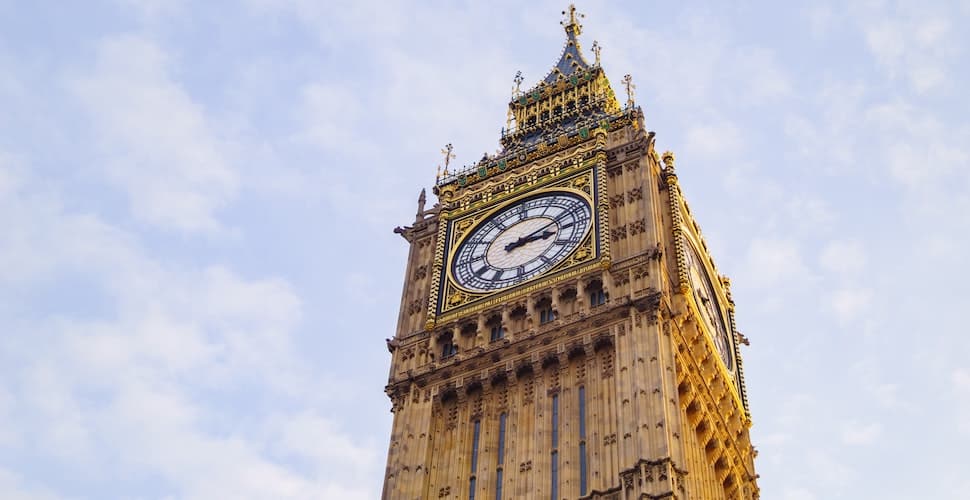
The United Kingdom’s 2015 Modern Slavery Act brought together existing laws relating to trafficking and slavery. The Act covers England and Wales and came into effect in March 2015. That same year, laws were passed that cover other parts of the U.K.: the Human Trafficking and Exploitation Act (Scotland) 2015; and the Human Trafficking and Exploitation (Criminal Justice and Support for Victims) Act (Northern Ireland) 2015.
Why is it significant?
As well as bringing together existing legislation this law introduced new provisions including:
- the establishment of an Independent Anti-Slavery Commissioner
- the creation of a new statutory defense so that victims of slavery forced to commit crimes are not convicted of those crimes
- the ability for the authorities to seize traffickers’ assets and help increase compensation for victims
- the expansion of the child advocates scheme, to protect survivors and children vulnerable to trafficking
- requirements on companies to help end modern slavery.
What are businesses required to do?
Section 54 of the Modern Slavery Act requires companies with an annual turnover of £36 million (about 45 million USD) or more and who do business in the UK to produce a statement for each financial year.
The statement must include the steps the organization has taken to ensure that slavery and human trafficking is not taking place in any of its supply chains, nor in any part of its own business. The only other requirements are that the statement be signed by a director and published on the company’s website with a link from the homepage.
The law sets out guidance on six areas that the statement should cover; however, these are not required. If the company has taken no steps, the statement should say so, and provided it is signed correctly and posted online correctly, the company would be compliant with the Act.
This guidance document, published by our partner CORE Coalition, explains how this law can help improve transparency in supply chains.
How can I find out what companies are doing?
The Business and Human Rights Resource Centre has created a Modern Slavery Registry where it posts up company statements in lieu of a centralized register. Freedom United had a seat on the Modern Slavery Registry Advisory Committee. Their analysis of the initial statements posted by top U.K. companies showed that many were inadequate—and barely half met the legal requirements set out by the law. Read their first report here. The U.K. government has subsequently committed to establishing a reporting service, due to be launched by spring 2021.
What was our role?
By the time the Modern Slavery Act became law in March 2015 we had gathered 144,017 actions covering a range of modern slavery issues. We undertook campaigns with ECPAT UK to improve protection from child trafficking, with CORE Coalition to require companies to take action in their supply chains, and with Kalayaan and J4DW to better protect migrant domestic workers.
Freedom United also set up a tool to allow crowd-sourcing of modern slavery statements that fed directly into the Modern Slavery Registry.
Thanks to the actions of our supporters, substantial improvements were made to the law as it passed through the UK Parliament, including the addition of corporate action, which was not included in the government’s original draft.
Sadly, migrant domestic workers coming to the UK remain vulnerable to modern slavery, as the law did not take the opportunity to make changes that would improve their protection. However, following a subsequent independent review, the government did agree to untie visas so that workers are no longer dependent on their employer for their immigration status. But this right to change employers is still restricted to the initial six months set by their entry visa.


-
Follow us on Facebook
5.6M
-
Follow us on Twitter
32K
-
Follow us on Instagram
8K
-
Subscribe to our Youtube
5.7K
Donate